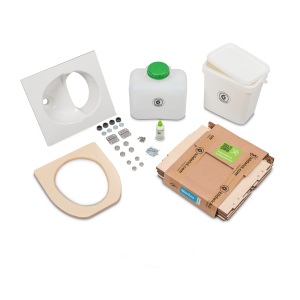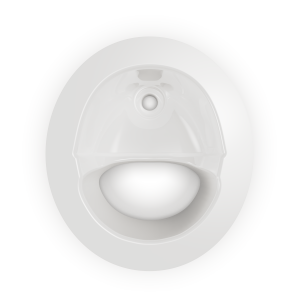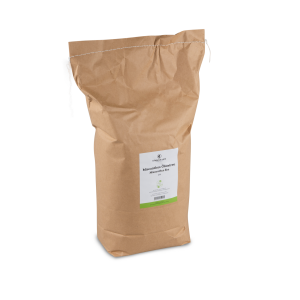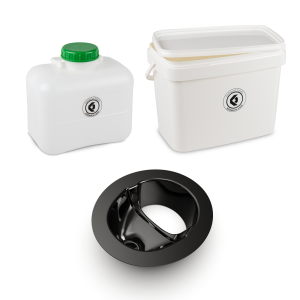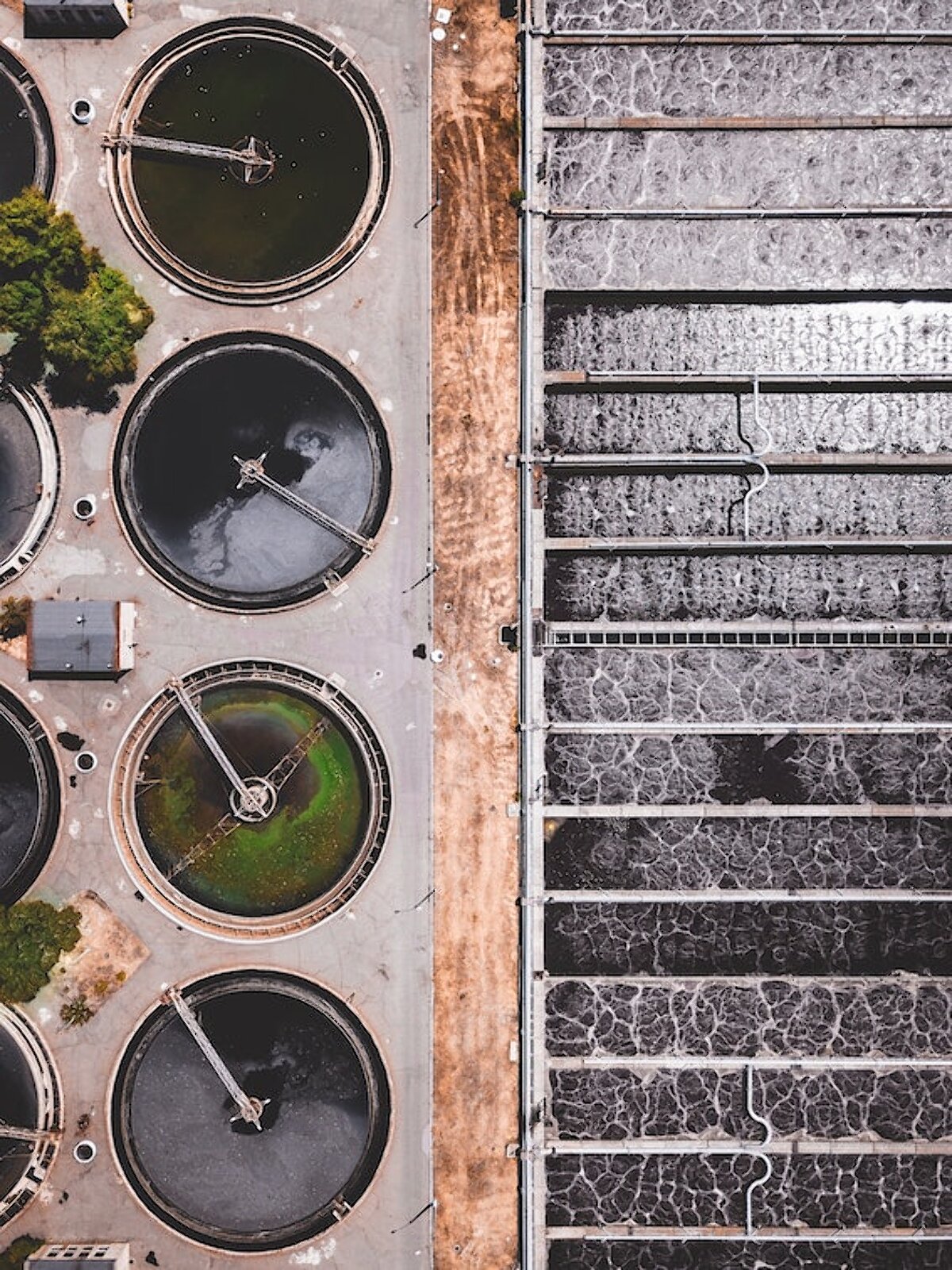
Circular economy and composting toilets
What is circular economy?
In the circular economy, economic and ecological opportunities are combined. In terms of sustainability, materials and substances should always be used in such a way that they are not lost as simple waste from the cycle. Ideally, they can and should be used for as long as possible and recovered in later production processes. To put it simply: life cycles of materials and substances are extended and waste is reduced to a minimum. Circular economy can thus solve resource problems. Less waste and longer cycles also mean less input of new raw materials into the loop, which in turn reduces the impact on the environment. That sounds relatively easy, doesn't it? The difficulty lies in a holistic view of a product. Production, materials and substances must be selected from the outset in such a way that the longest possible shelf life is guaranteed and a large part of the substances can be returned to the cycle.

The problem with sewage treatment plants

What we can do
So if one were to process waste properly, composting toilets, among other things, represent a huge opportunity to solve resource problems. This is also our incentive and one of the reasons why we have been taking care of your “business” for more than 3 years. Of course, we too are only a small part of a larger circular economy. There are now many actors who deal with these "shitty topic". The network for sustainable sanitation systems is one of them. NetSan e.V. aims to connect different stakeholders who work together for a reformation of the current system, to enable exchange and to promote joint work on projects for the sustainable and climate-friendly handling of human waste. Not only people from all areas participate, whether start-ups, small and medium-sized companies, science and research or individuals. We have also been able to call ourselves a member of NetSan e.V. since the beginning of 2022 and are accordingly proud of it. The socio-political debate about how to deal with human excreta will hopefully continue to occupy us all in the years to come. Of course, there is still a lot of communication and persuasion required on the subject, but we are not the only ones who are convinced that sustainable sanitary systems are the future. Composting toilets as part of this can promote a regenerative circular economy.

